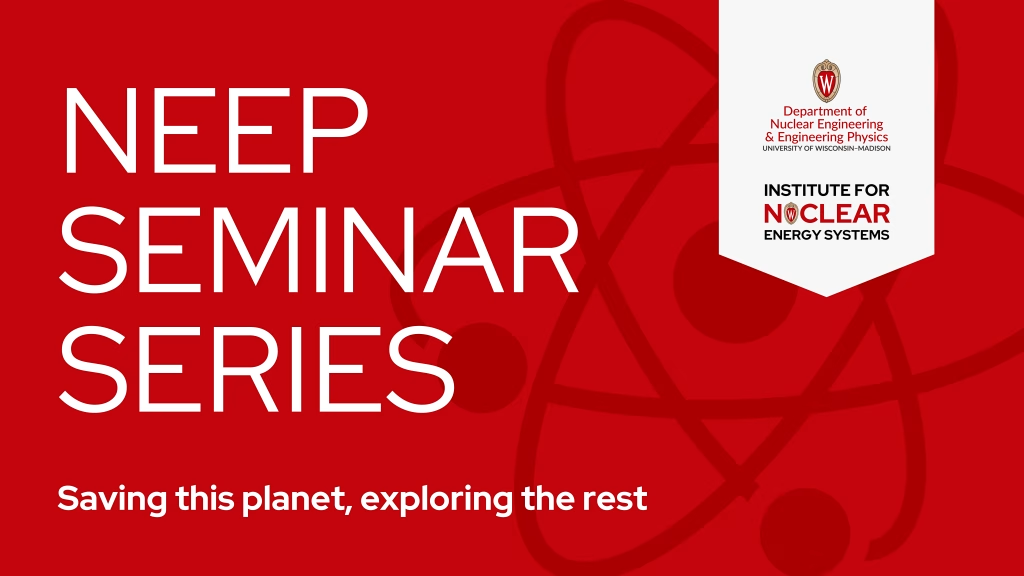
- This event has passed.
CBE Seminar Series: Joel Paulson
December 2, 2024 @ 4:00 PM – 5:00 PM
Joel Paulson
Department of Chemical and Biomolecular Engineering
The Ohio State University
Columbus, OH
Physics-Informed Bayesian Optimization: A Sequential Learning Framework for Accelerating Scientific Design and Discovery

Bayesian optimization (BO) is a powerful tool for optimizing non-convex black-box functions that are expensive and/or time-consuming to evaluate and subject to random noise in their observations. Many important real-world science and engineering problems belong to this class such as optimizing over high-fidelity simulations, tuning hyperparameters in machine learning algorithms, and material and drug discovery. Traditionally, BO has been deployed as a purely black-box optimizer. However, this black-box approach can lead to significant performance losses, especially in high-dimensional, intricately constrained design spaces, such as those appearing in materials and molecular optimization problems. In most real-world applications, however, only a portion of the model is unknown, creating opportunities for (significant) performance gains by effectively “peeking inside of the black box.” In this talk, I will discuss “physics-informed” Bayesian optimization (PIBO) methods recently developed by the Paulson Lab, which leverage known problem structure to achieve state-of-the-art performance. One such approach, MolDAIS, is designed for molecular property optimization under strict evaluation budgets. MolDAIS is built on the insight that relevant properties often depend on a small subset of molecular descriptors, which we show can be actively learned from data using sparsity-inducing probabilistic machine learning models. I will demonstrate MolDAIS’s effectiveness on several molecular design benchmarks. I will also highlight an exciting new real-world experimental collaboration where we used a MolDAIS variant to find candidate materials with specific energy and cycling stability substantially exceeding current state-of-the-art organic electrodes in aqueous zinc-ion batteries, including candidates that are synthesizable at a fraction of the cost.

